Pandemic or not, American consumers are deepening their connections and concerns regarding food and sustainability. This is particularly pronounced among those in their mid-forties and younger, according to a new consumer survey commissioned by C.O.nxt and conducted in collaboration with Maeve Webster of Menu Matters.
“A solid 80 percent of consumers indicate sustainability related to food is important to some degree with over half indicating it is extremely or very important,” Webster said. “Consumers 18-44 rate the issue highest.”
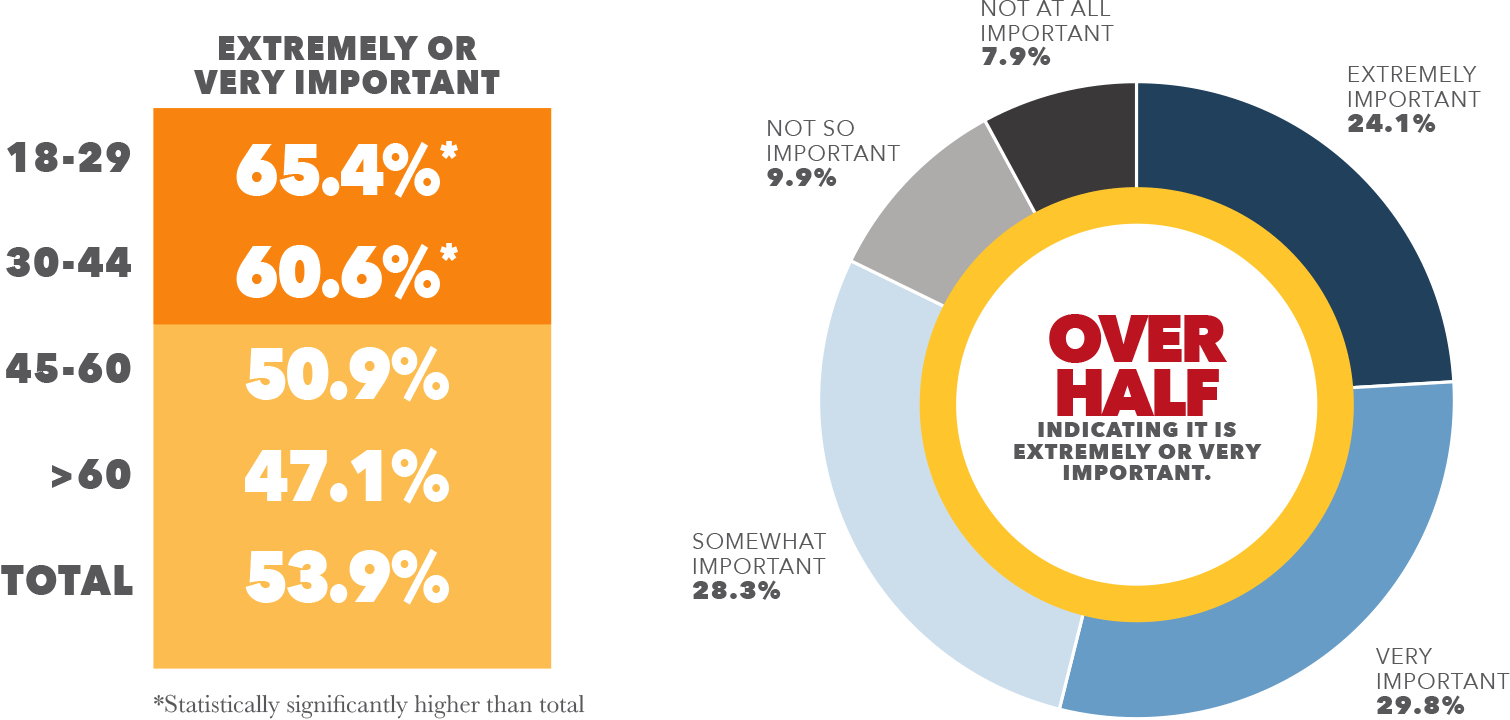
Just over 750 consumers from across the country participated with all geographic regions represented and a focus on those 18 years of age and over.
Of equal importance, the definition of sustainability—long seen as environmentally focused for many—is now being seen in broader terms. Consumers increasingly tie sustainability to economic factors, such as pay equity and working conditions.
“This shift should be of particular interest to those producing food,” Webster said. “From farmers to manufacturers, those who focus on these issues in their operations may be able to better support price premiums their products require.”
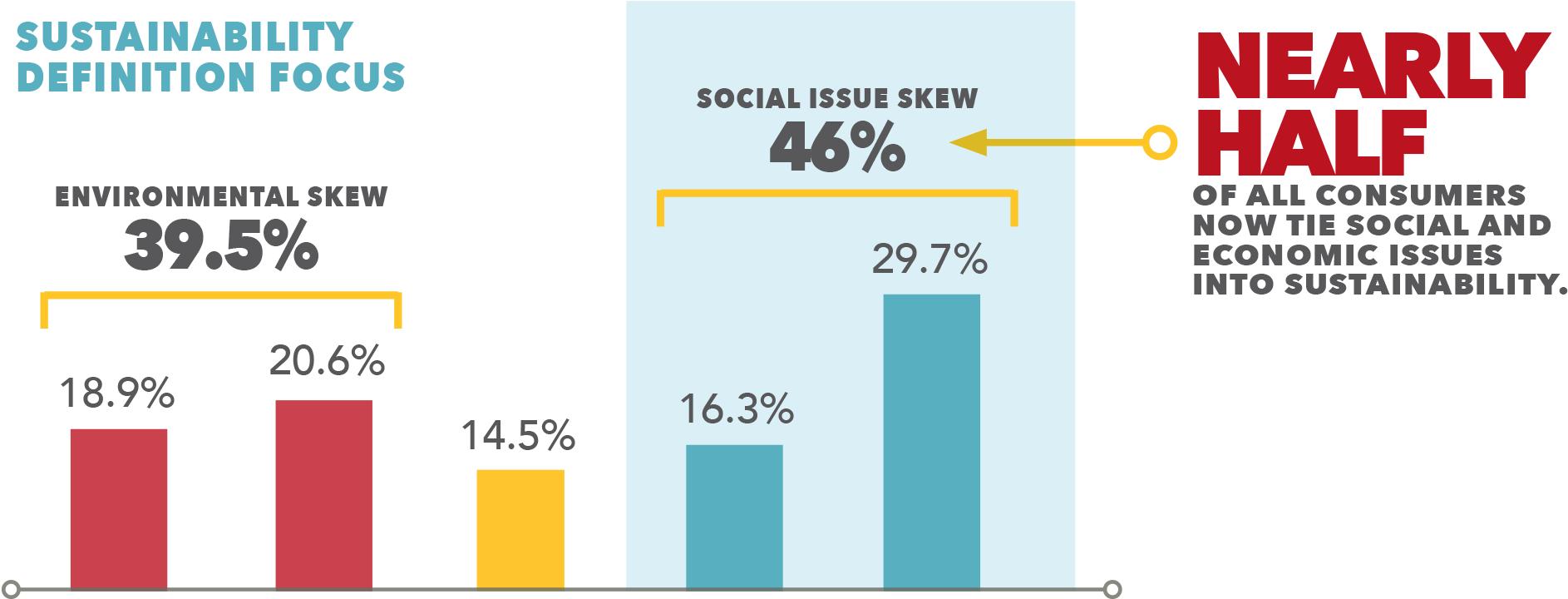
Merely claiming to be sustainable, however, is not enough. Along with broader definitions of sustainability come expectations for specific action.
“The impact of specific ingredients and concerns over animal welfare were two areas that surfaced,” Webster explained. “Those two were followed by expectations related to transparency in reporting activities across an organization.”
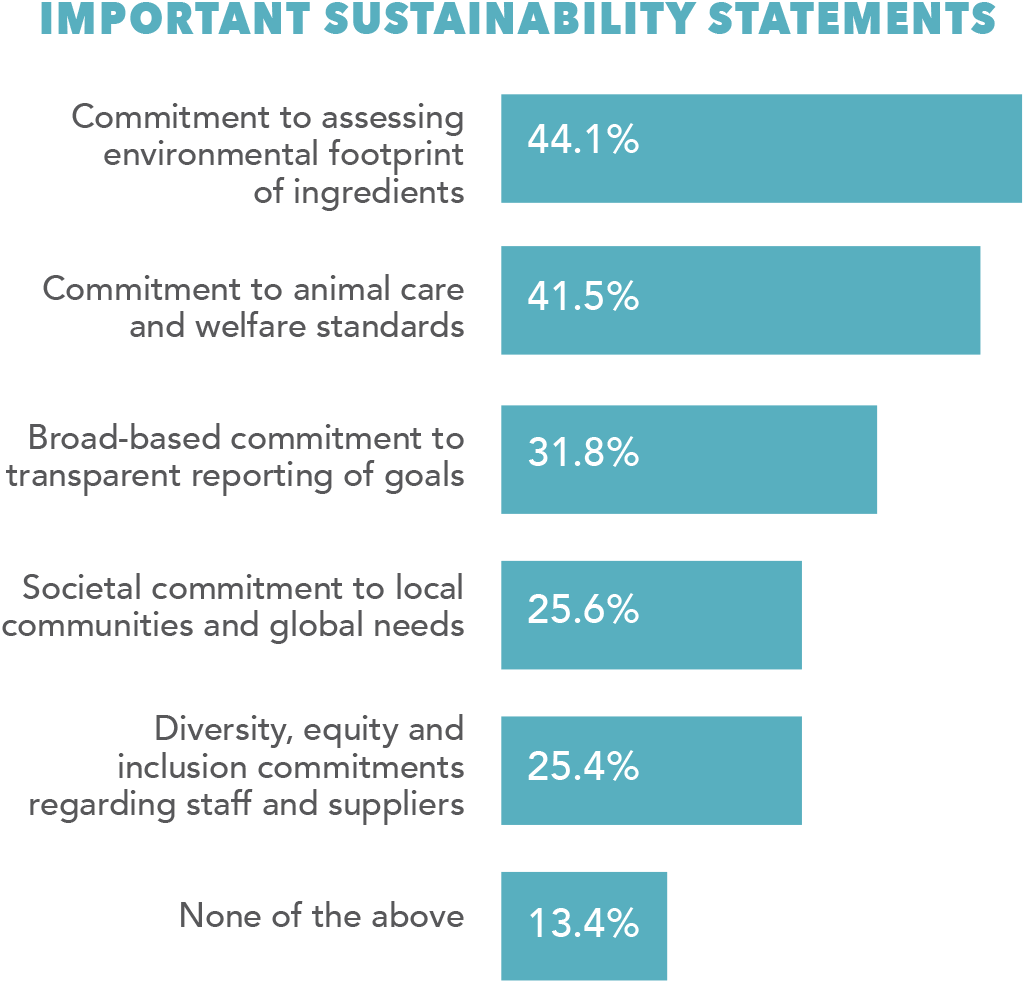
Regarding sustainability claims, the good news is that consumers trust organizations that share them. The age breakouts, however, might surprise. Americans under age 44 are most likely to trust specific claims while those over 60 are least likely to trust such claims.
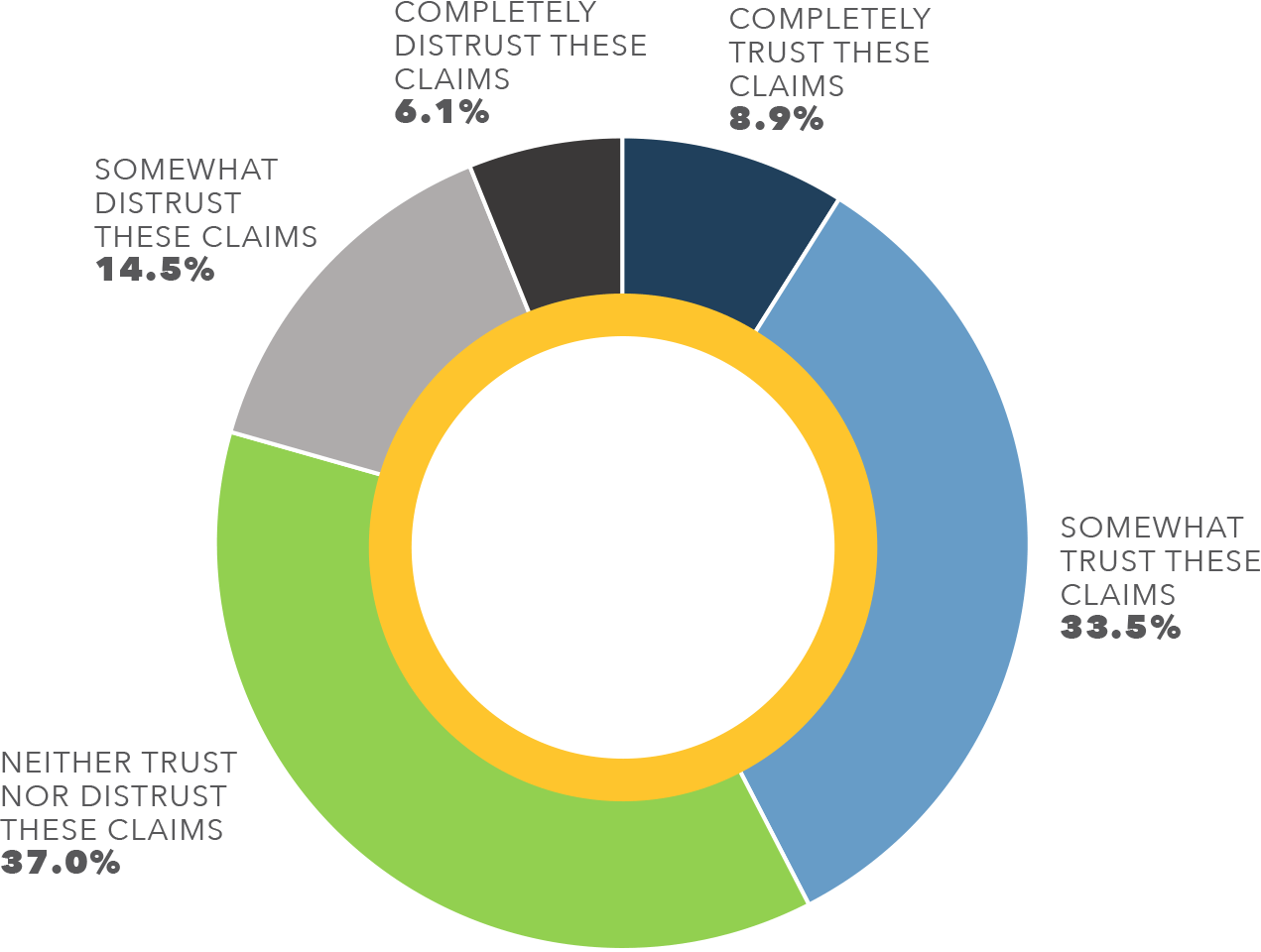
“Younger consumers—Gen Z and Millennials—and those placing the greatest importance on sustainability are more likely to completely trust claims. Boomers, by contrast, are significantly less likely to trust claims,” Webster said.
Another important point: Those younger audiences also say they’re willing to pay more for food products tied to sustainability.
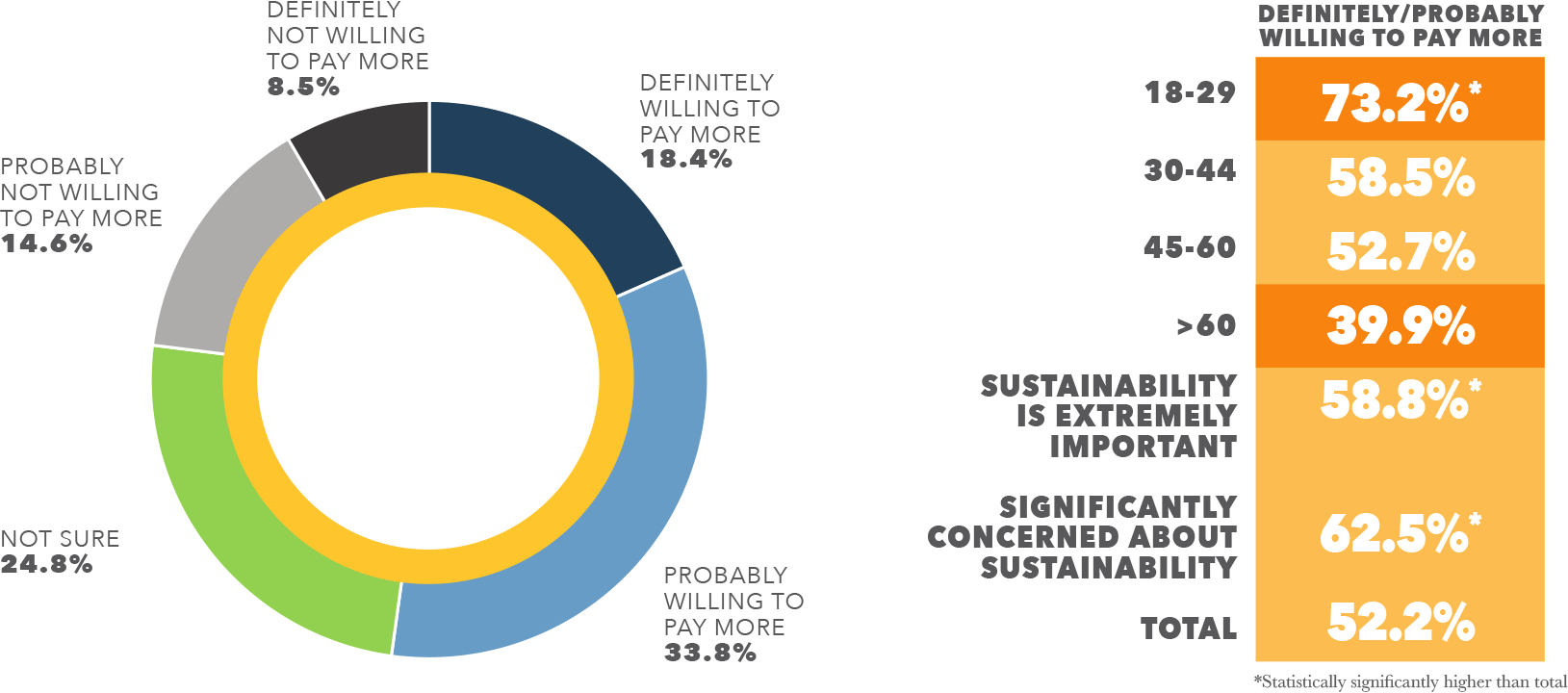
“Pricing research can be tricky,” said Mark Gale, Chief Growth Officer at C.O.nxt. “Consumers do not always do what they say. These same age groups show high interest in food and sustainability and concern over specific topics, though. The point is worth noting.”
The research uncovered other key findings related to restaurants, farmers and the fact that more than half of consumers say they are now more concerned about food and sustainability.
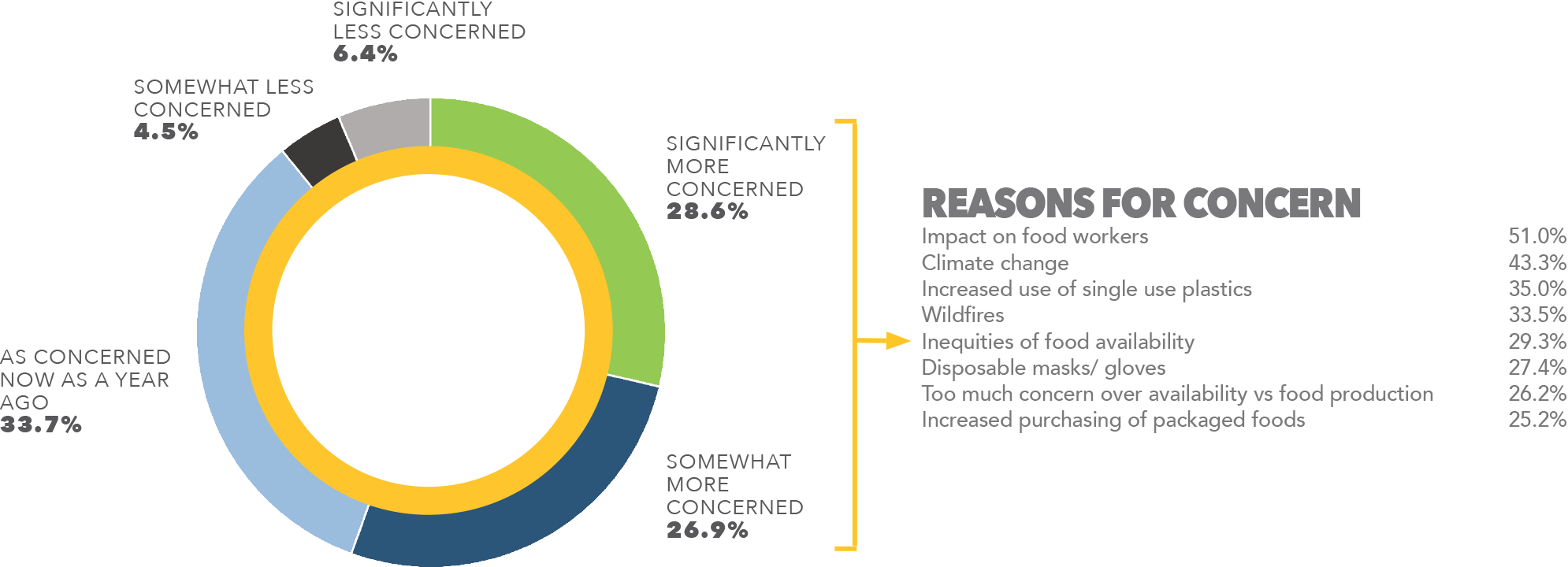
For more complete findings, sign up to receive our report, “Understanding shifting definitions, demands and expectations with food and sustainability.”
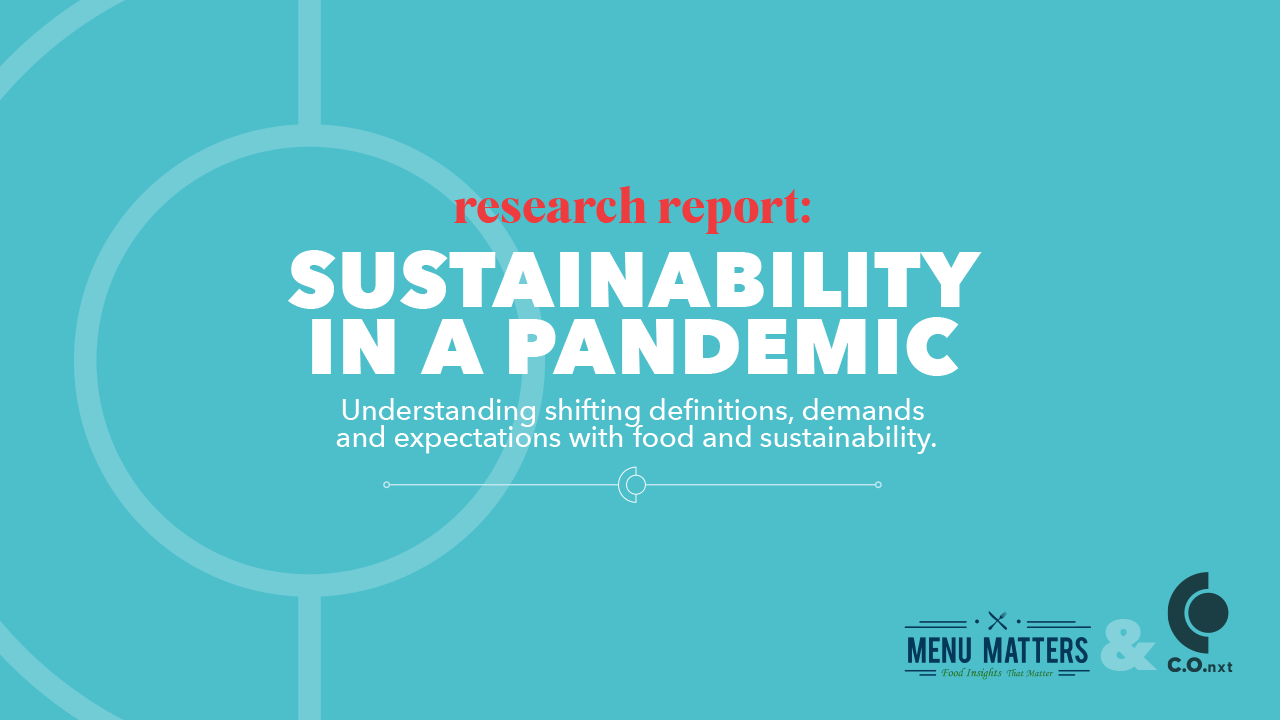
C.O.nxt has a long history of conducting independent research on topics related to food and agriculture, Gale explained. “It’s important that we invest in keeping ourselves and our industry up-to-date on how markets are shifting. If you want to build, advance and protect your brand, you better know what’s happening.”
C.O.nxt Insights
If we can help you position, advance and protect your brands to help propel your organization forward, let’s chat: Marcy Tessmann: marcy@co-nxt.com. Marketing and communicating are more important than ever in our fragmented and rapidly changing world.
C.O.nxt Insight.
Our team of subject matter experts focuses on food and agriculture—farm field to processing to entrée on a plate. We can help you build a new brand, protect an old one or target customers to foster sales. Let’s talk when the time is right to handle your next strategic marketing and communications challenge: Marcy Tessmann, marcy@co-nxt.com.
SHARE THIS STORY
What Would You Solve in 30 Days?
Every brand faces moments when clarity, momentum, or alignment are lacking. Sometimes it’s a new product that needs a smart go-to-market plan. Other times, it’s a shift in the business that calls for a tighter
